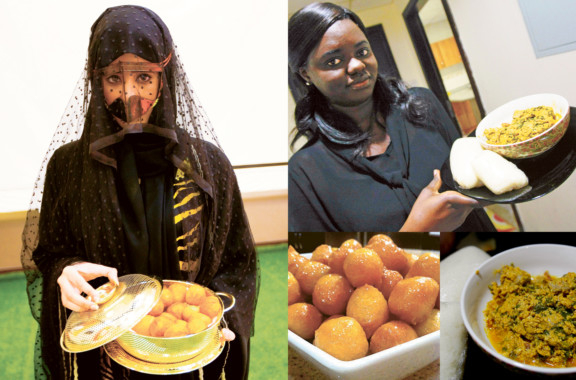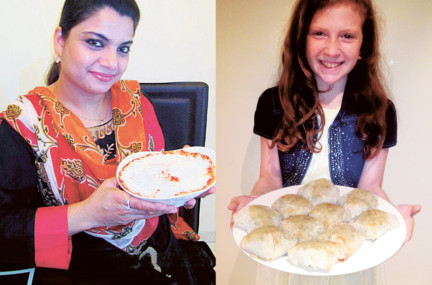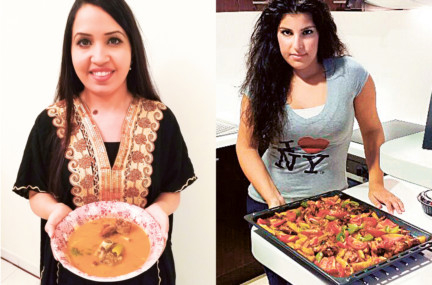
DUBAI: Ramadan is a time of fasting, prayer and reflection. As the holy month enters its penultimate week, XPRESS gets fasting residents of different nationalities to tell us about that one traditional dish that is a must-have on their iftar tables
Emirati: Luqaimat
By Aisha Al Daheri
Crunchy on the outside and airy inside, luqaimat, which means small bites, are deep-fried sweet dumplings drizzled with sugar syrup or honey. The dumplings are made of butter, milk, sugar, corn flour, saffron and cardamom and are served mostly as a dessert during iftar. “It’s a very moreish dish and I just can’t seem to have enough of them. Luqaimat are a firm favourite in Emirati homes during Ramadan,” says Aisha Al Daheri.
Turkish: Tavuk Fırın Yemegi
By Bahar Erdogan
“In our family we pass on secrets to the next generation including special food recipes,” says Bahar as she gives on overview of Tavuk Fırın Yemegi (chicken in the oven) a traditional iftar dish which she learnt to cook from her mother. “Ingredients include potatoes, capsicum, onion, tomato, chicken, meat herbs, spices and a special sauce,” adds Bahar.
Nigerian: Egusi soup and pounded semolina
By Asma Ashami
Prepared from pealed and blended melon seeds and dried cray fish, the Egusi soup is an all-time favourite during iftar meals in Nigeria, as it is packed with healthy nutrients which help replenish fluids lost in your body while fasting, says Asma. It is served with pounded yam or semolina.
Indian: Dahi wada
By Rahela Anjum
In India and Pakistan, no iftar table is complete without dahi wada (lentil dumplings dipped in yogurt and topped with spicy savory tamarind chutney). Though phulki/pakodis (deep-fried fritters) is equally popular in most homes, Rahela reckons nothing comes remotely close to dahi wada (also known as dahi bhalla) which must be soaked in water until softened, for best results.
Syrian: Ouzi
By Mariam Al Habach
Ouzi (spiced rice and meat pastry pockets) is a hugely popular dish in Syrian homes and like most Syrian girls, little Mariam loves her ouzi. The delectable delight traces its origins to the Mediterranean region and is often served with a minty yoghurt and some tangy salad. “I love it when the pyllo layers burst open to reveal delightfully spicy rice cooked with meat and veggies,” she says.
Tunisian: Shorba Freek Alloush
By Imean Kefi
“Go to any Tunisian home during iftar time, and if there is one dish you are most likely to find on their table it will be the finger licking Shorba Freek Allosh (lamb and bulgar soup),” says Imean Kefi. Essentially, a wheat soup cooked with lamb celery and homemade spices, Shorba Freek Alloush is packed with nutrients and works as the perfect appetiser.













